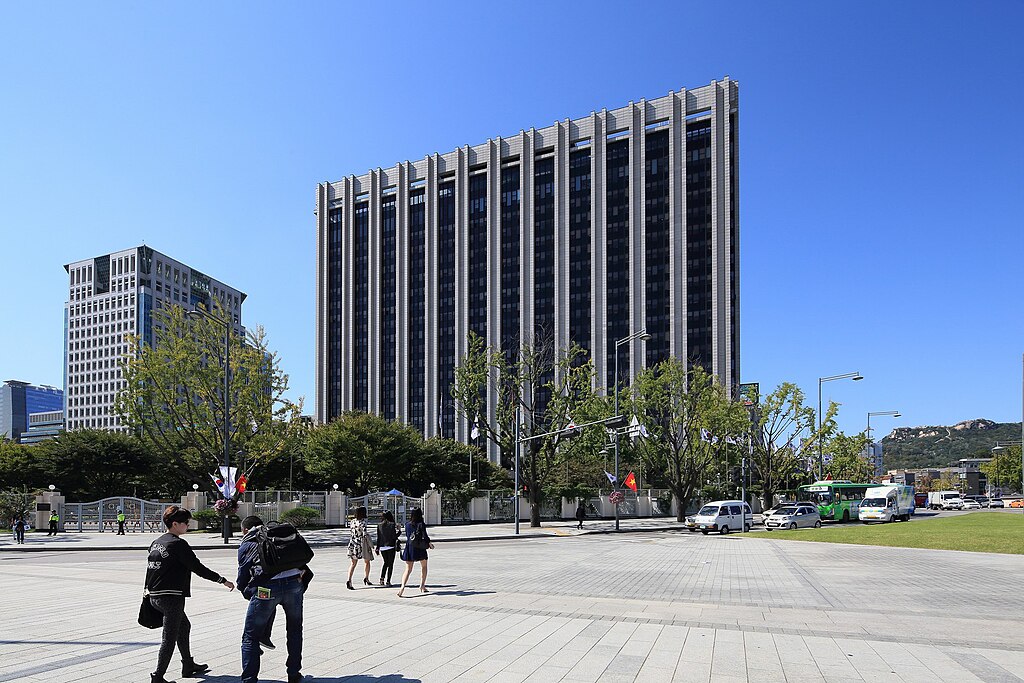In a bold move that could reshape the landscape of cryptocurrency in South Korea, the government is gearing up to implement a series of pro-business reforms aimed at revitalizing the country’s crypto sector. As reported by Metro Seoul, during a recent public briefing on August 13, the Presidential Committee on State Affairs unveiled an ambitious five-year agenda, spotlighting digital innovation as a cornerstone of national policy.
This reform initiative is not just a political maneuver; it highlights the government’s recognition of the growing importance of a robust digital asset ecosystem. As part of this agenda, a total of 123 tasks have been identified, with “the construction of a digital asset ecosystem” and “developing the domestic cryptoasset market” declared as essential. These initiatives are crucial as President Lee Jae-myung, who took office in June, aims to foster an environment where innovation can thrive.
President Lee Jae Myung on Wednesday laid out a sweeping five-year policy agenda, detailing 123 national tasks ranging from constitutional reform to industrial growth and market fairness. https://t.co/52cb7gzOvi— The Korea JoongAng Daily (@JoongAngDaily) August 13, 2025
President Lee has been vocal about his commitment to bolster the local crypto industry, emphasizing the need for regulatory clarity, particularly in the area of stablecoins. With aspirations to permit domestic firms to issue won-pegged stablecoins, the response has been immediate; major banks and IT companies are actively registering related trademarks and launching crypto-centric business strategies. This momentum suggests that many are keenly aware of the potential for non-financial enterprises to create advanced payment systems.
However, it’s worth noting that not all of President Lee’s proposals are moving forward as intended. A significant item that’s missing from the five-year plan is the proposed dissolution of the Financial Services Commission (FSC), South Korea’s top financial regulatory body. The FSC has played a critical role in monitoring the country’s crypto exchanges, ensuring compliance with anti-money laundering (AML) practices, and overseeing operating permits.
 The Government Complex Building in Seoul, South Korea, where significant reforms in the crypto space are taking shape. (Source: Seoul Institute [CC BY 4.0])
The Government Complex Building in Seoul, South Korea, where significant reforms in the crypto space are taking shape. (Source: Seoul Institute [CC BY 4.0])
Historically, the FSC has adopted a critical stance toward the cryptocurrency sector, but with a shift in governmental attitudes, it has recently expressed support for a more favorable regulatory framework. Proposed changes include transferring some supervisory responsibilities to the Financial Supervisory Service and reallocating policy tasks to the Ministry of Strategy and Finance. Yet, the plan to dissolve the FSC has sparked controversial discussions among high-ranking officials, suggesting that the issue remains contentious.
Despite the ambiguity surrounding the FSC’s fate, crypto reforms have been positioned as a priority for both the government and the National Assembly in the year ahead. The momentum suggests that we can expect significant advancements in regulatory frameworks for cryptocurrency. Indeed, a recent report indicated that South Korean politicians are increasingly anxious about their country’s competitiveness in the global crypto market, which has seen remarkable growth over the past couple of years.
South Korea says President Lee Jae Myung to visit Japan this month https://t.co/PmtmRcPibF— Nikkei Asia (@NikkeiAsia) August 13, 2025
As political figures scramble to catch up, there’s a growing consensus that the current regulatory landscape in South Korea lags significantly behind other regions like the United States, Europe, and Japan. Institutions throughout these areas have rapidly adopted progressive reforms that have invigorated their crypto markets. A failure to innovate could leave South Korean enterprises at a disadvantage.
With the FSC aiming to allow greater accessibility for corporations to engage in crypto transactions and adopting a more lenient regulatory framework, experts anticipate that developments on this front may occur swiftly. However, skepticism remains about whether the proposed reforms will materialize and whether discussions around the FSC’s future will continue throughout the year.
In related news, earlier this month, the Gangnam district of Seoul took a proactive approach to tax collection, recovering $144,057 from tax evaders by seizing cryptocurrency assets. This move underscores the increasing intertwining of taxation and digital assets, a matter that will likely require further regulatory clarity as the market evolves.
As South Korea stands at a pivotal moment in its crypto journey, the coming months may reveal whether the country can indeed embrace digital innovation while establishing a regulatory framework that supports growth. What are your thoughts on these proposed reforms? Are they enough to position South Korea as a leader in the global crypto landscape? Feel free to share your insights in the comments below!
